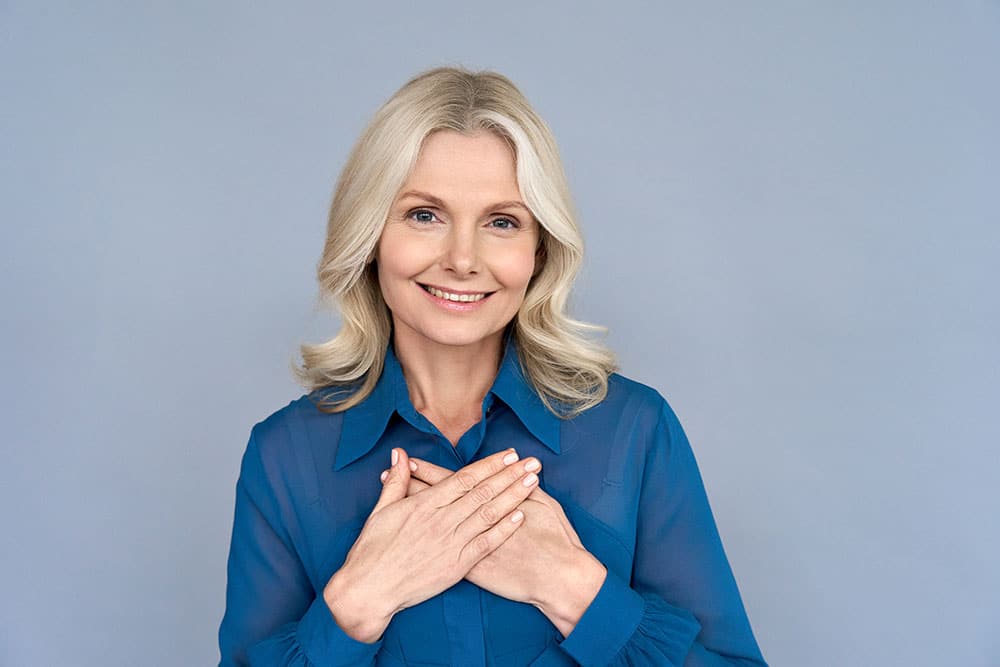
Sue Jones, a 52-year-old business owner from Warrington, felt like she had totally lost her sparkle. After years of successfully juggling work, family life and running a successful nursery business she felt, almost overnight, completely lost and no longer herself, but had absolutely no idea why.

This year’s Menopause Awareness Month is shining a spotlight on the connection between cardiovascular health and the menopause. The menopause is a natural phase in a woman’s life that marks the end of reproductive functions. It is characterised by hormonal changes, including a decline in estrogen and progesterone levels.

The menopause is caused by hormonal changes, including a decline in estrogen and progesterone levels, which is why many women tend to seek natural ways to balance their hormone levels and nutrients to reduce the severity of their symptoms.

The menopause is so often seen as a woman’s issue, a private matter, and an insulting accusation, with extreme stigmatisation in the workforce. However, the statistics do not lie, menopausal women make up the fastest growing demographic in the UK workforce.

When women go through the menopause, they are approaching the point at which they can no longer menstruate or reproduce and as a result, their hormones, vitamins and mineral are constantly fluctuating. In order to combat the negative health effects of the menopause, research shows that taking supplements to rebalance your general health is a great way to improve quality of life.

Due to changes in hormone levels, the menopause brings about various changes in a woman’s body, including shifts in weight distribution and changes in body shape. This change comes because during the menopause the body gradually produces less and less ‘oestrogen’. This hormone regulates women’s metabolisms, so without it, menopausal women are more susceptible to gaining weight where they may not have before.

The menopause is a natural phase in every woman’s life, but it can often bring about physical and emotional changes that impact confidence levels.
From hot flashes to changes in body shape, these challenges can leave women feeling less self-assured. However, with the right strategies and support, it is possible to look and feel confident during this transitional period.

Menopause is the phase of a woman’s life, generally between the ages of 45 and 54, marking the end of their reproductive functions. Once a woman goes through the menopause, they are no longer able to conceive children, nor have periods.

The menopause is often seen as a private matter and many women feel it is stigmatised in the workforce and throughout society. Due to this, research into the menopause and its symptoms, knock on effects, and the impact it has on wider health implications isn’t investigated as thoroughly as we’d like.

Menopause is the natural biological process that comes at the end of a woman’s reproductive years, where her hormones have decreased. Estrogen, progesterone, DHEA and testosterone levels gradually decrease during the perimenopause, and drop dramatically as a woman reaches the menopause.



















